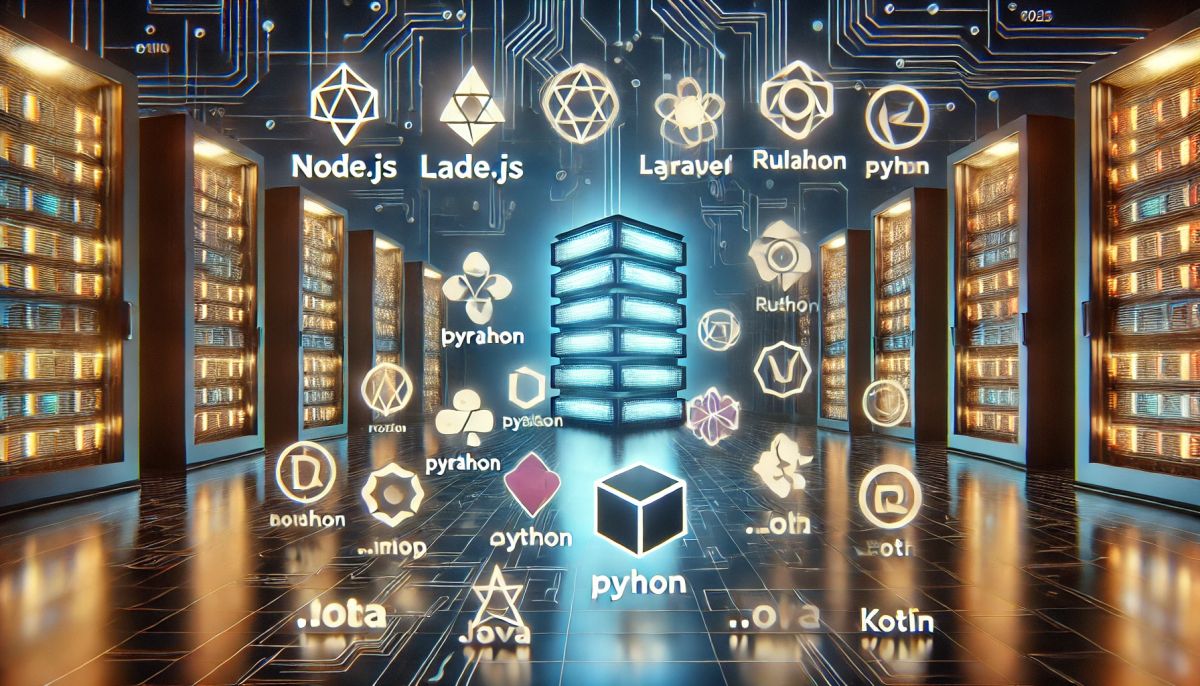The Future of HVAC: Harnessing the Power of HVAC AI Software
The world of Heating, Ventilation, and Air Conditioning (HVAC) has always been driven by technological advancements, with innovations continuously shaping the way we regulate indoor climates. One of the most revolutionary changes in recent years has been the integration of artificial intelligence (AI) into HVAC systems. The rise of HVAC AI software is transforming the industry, enabling more efficient, cost-effective, and environmentally friendly solutions.
In this article, we will explore the transformative potential of HVAC AI software, its benefits, challenges, and the role it plays in the future of the HVAC industry. As we delve deeper, we’ll uncover how this emerging technology is not only optimizing HVAC systems but also paving the way for smarter, more sustainable building management.
Understanding HVAC AI Software
At its core, HVAC AI software combines traditional HVAC systems with artificial intelligence to create intelligent, self-optimizing systems. These systems use machine learning algorithms, sensors, and data analytics to monitor, predict, and adjust HVAC operations based on real-time environmental conditions.
Unlike conventional HVAC systems that require manual adjustments and periodic maintenance, HVAC AI software enables automated optimization. It can learn from historical data and adapt to changing conditions, making it highly efficient and capable of maintaining consistent indoor comfort levels while minimizing energy consumption.
Key Features of HVAC AI Software
- Predictive Maintenance One of the primary features of HVAC AI software is its ability to predict when components are likely to fail, allowing for timely maintenance. By analyzing data from various sensors embedded in HVAC systems, AI software can detect anomalies, track wear and tear, and alert technicians before major breakdowns occur. This proactive approach reduces downtime, minimizes repair costs, and extends the lifespan of HVAC equipment.
- Energy Efficiency Optimization HVAC systems are known for consuming significant amounts of energy. HVAC AI software, however, optimizes energy usage by learning user preferences and adapting system settings accordingly. For instance, AI can adjust temperature settings based on occupancy patterns or external weather conditions, ensuring that energy is used only when necessary. This leads to substantial energy savings, making HVAC systems more sustainable and cost-effective.
- Smart Building Integration HVAC AI software can integrate with other smart building systems, such as lighting, security, and occupancy sensors, to enhance overall building performance. By analyzing data from these various systems, HVAC AI can make adjustments to heating, cooling, and ventilation in real time. This holistic approach ensures that the building environment remains comfortable, while also improving the overall efficiency of the building as a whole.
- Real-Time Monitoring and Control HVAC AI software provides real-time monitoring and control of HVAC systems. Facility managers and building owners can track system performance remotely, identify issues instantly, and make adjustments as needed. This real-time capability allows for quick responses to any changes in the environment, preventing discomfort or inefficiency.
Benefits of HVAC AI Software
- Enhanced Comfort and Air Quality HVAC AI software ensures a more consistent and comfortable indoor climate. By adjusting temperatures, airflow, and humidity levels in real-time based on data analysis, the system creates a tailored environment for occupants. Moreover, it can monitor air quality, ensuring that ventilation rates are optimal, which is essential for occupant health and well-being.
- Cost Savings The primary advantage of HVAC AI software lies in its ability to reduce operational costs. By optimizing energy consumption, preventing equipment failures, and minimizing human intervention, HVAC AI can significantly cut down on energy bills and maintenance expenses. Over time, the cost savings from HVAC AI systems can offset their initial investment.
- Sustainability As the world shifts towards sustainability, HVAC AI software plays a crucial role in reducing the environmental impact of buildings. By improving energy efficiency and lowering carbon emissions, AI-powered HVAC systems help buildings meet green building standards, such as LEED (Leadership in Energy and Environmental Design). This not only benefits the planet but also enhances the building’s marketability.
- Increased System Longevity By continuously optimizing performance and predicting maintenance needs, HVAC AI software contributes to the longevity of HVAC equipment. This leads to fewer repairs, a longer service life, and a reduced need for replacements, ultimately saving money in the long run.
Challenges of Implementing HVAC AI Software
Despite its many benefits, the implementation of HVAC AI software does come with its own set of challenges.
- Initial Costs The installation of HVAC AI systems involves significant upfront costs. The technology, as well as the necessary sensors and smart infrastructure, can be expensive. For smaller businesses or older buildings, the initial investment may seem prohibitive, even though the long-term savings may justify the cost.
- Data Privacy and Security HVAC AI software relies on a vast amount of data to function effectively. This includes information about building occupancy, environmental conditions, and system performance. As with any connected technology, there are concerns about data privacy and cybersecurity. Protecting this data from breaches and unauthorized access is a critical consideration for any organization implementing HVAC AI.
- Integration with Existing Systems Many buildings still rely on traditional HVAC systems that may not be easily compatible with AI technology. Retrofitting older systems with the necessary sensors, software, and infrastructure can be a complex and costly process. Additionally, integrating AI into existing smart building systems requires careful planning and coordination.
- Staff Training and Adaptation As HVAC AI systems become more advanced, it’s essential for facility managers and technicians to be trained in using and maintaining these systems. The learning curve can be steep for those accustomed to traditional HVAC methods, requiring time and resources for training and adaptation.
The Role of MCA Canada in Advancing HVAC AI Adoption
The Mechanical Contractors Association of Canada (MCA Canada) plays a key role in advancing the adoption of HVAC AI software by providing industry professionals with the knowledge and tools needed to stay ahead of technological trends. Through webinars and educational programs, MCA Canada helps contractors, engineers, and facility managers understand the practical applications of AI in HVAC systems.
MCA Canada’s initiatives ensure that the HVAC industry is well-informed about the latest advancements and best practices, enabling professionals to leverage HVAC AI software for optimal results. By fostering a culture of innovation, MCA Canada is helping shape the future of the HVAC industry in Canada and beyond.
Conclusion: The Future of HVAC with AI
The integration of HVAC AI software is not just a trend—it is the future of the industry. As the technology continues to evolve, it will become increasingly essential for HVAC systems to incorporate AI-driven solutions that optimize energy use, improve comfort, and reduce operational costs.
For businesses and buildings striving to meet sustainability goals and reduce their environmental impact, HVAC AI software offers a viable solution. As we look ahead, the potential for smarter, more efficient, and more sustainable HVAC systems is vast, making it clear that AI will play an integral role in shaping the future of HVAC technology.
By staying informed about these innovations and adopting AI-driven solutions, the HVAC industry can not only improve its operations but also contribute to a more sustainable and energy-efficient future.
The question remains: How will your organization adapt to the rise of HVAC AI software? The answer may very well define your place in the rapidly evolving world of building management.










